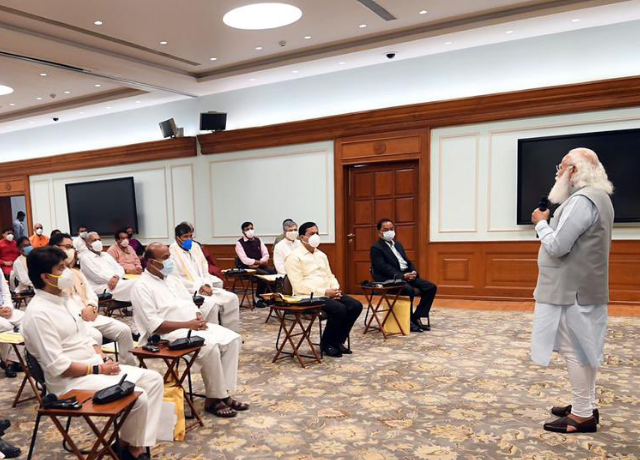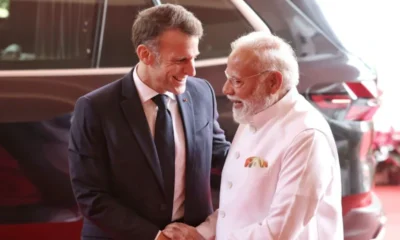India News
Cabinet reshuffle: 43 leaders take oath in PM Modi’s new look cabinet
The list has a mix of youth and those who come with rich administrative experience, including former chief ministers. The names in the cabinet reshuffle include several new entrants as well as existing ministers who will be reassigned.

India News
BJP to launch 5,000-km Parivartan Yatra across West Bengal ahead of Assembly elections
India News
BJP alliances in Assam likely to be sealed by March 10
India News
Rohit Pawar alleges big personality link in Ajit Pawar plane crash case
-

 Cricket news20 hours ago
Cricket news20 hours agoT20 World Cup 2026 Super 8 points table after England beat New Zealand by four wickets
-

 India News20 hours ago
India News20 hours agoBJP alliances in Assam likely to be sealed by March 10
-

 India News20 hours ago
India News20 hours agoBJP to launch 5,000-km Parivartan Yatra across West Bengal ahead of Assembly elections
-

 Latest world news21 hours ago
Latest world news21 hours agoTrump declines to intervene as Pakistan-Afghanistan tensions escalate
-

 Latest world news17 hours ago
Latest world news17 hours agoIsrael, US strike Iran as explosions rock Tehran, sirens sound in Tel Aviv
-

 LATEST SPORTS NEWS14 hours ago
LATEST SPORTS NEWS14 hours agoRanji Trophy final highlights: Jammu and Kashmir clinch maiden title after draw with Karnataka














